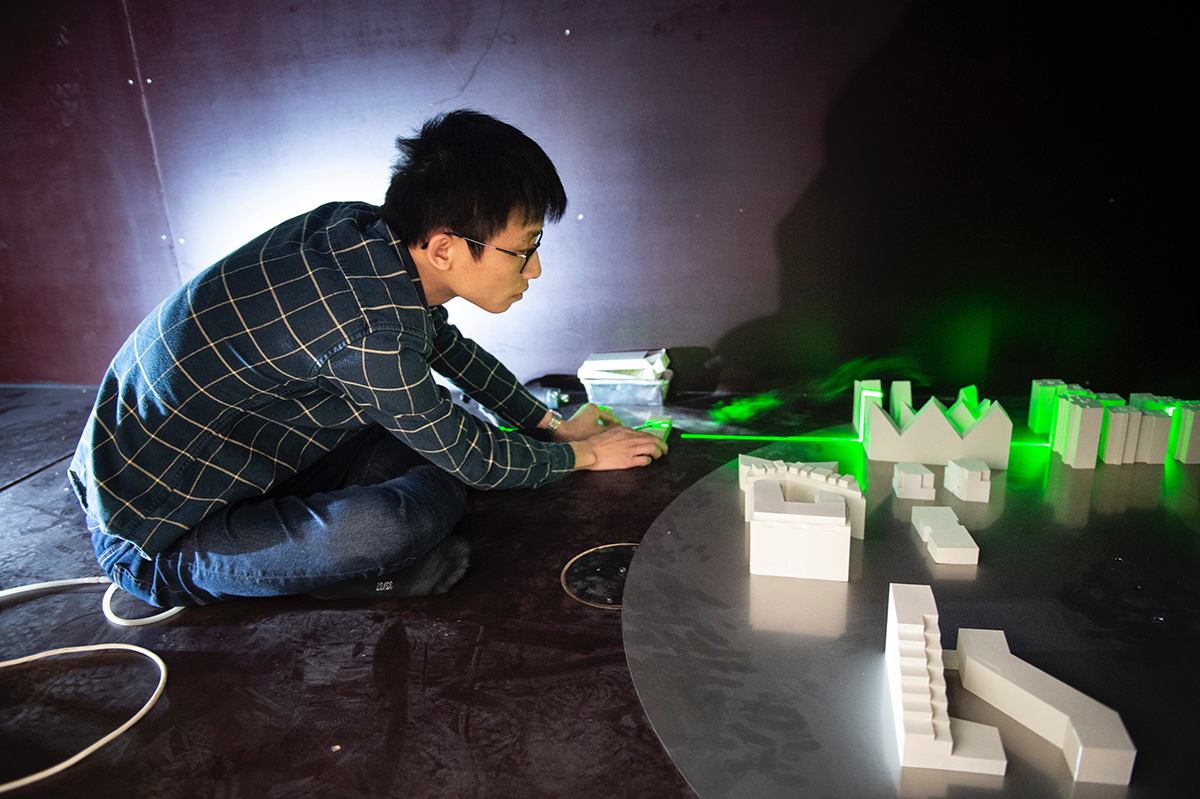Prestigious funding for new engineering projects
On Thursday, four researchers from the Department of Engineering at Aarhus University received grants from the Independent Research Fund Denmark. In total, Science and Technology has received a total of DKK 133.4 mill. (EUR 17.7 mill.), divided between 39 projects.

Four researchers from the Department of Engineering have received a share of the total of DKK 230 million (EUR 30.6 mill.) that has just been awarded by the Danish Independent Research Foundation to Aarhus University. The prestigious grants are part of a total investment of DKK 753 million (EUR 100 mill.) for research into everything from climate change to societal challenges such as integration and asylum issues.
At the Department of Engineering, the funding has primarily gone to the Electrical and Computer Engineering research section, which has received three grants.
"It's a relatively small and new section, so they’ve done really well," says Thomas S. Toftegaard, head of department, and he continues:
"We’re starting to reap the benefits of the focus by Aarhus University on engineering over the past few years. This funding means we can now move forward with important close-to-industry engineering research, and I would like to congratulate each of the four researchers on their grants".
LÆS OGSÅ: AU åbner eksperimentel hub for ingeniørforskning
One of those receiving a grant from the Danish Independent Research Foundation is Associate Professor Alexandros Iosifidis, an expert in machine learning, for his DISPA project: Data-driven Inter-Stock Predictive Analytics. In brief, the project is about designing new methods using machine learning to detect and predict fraudulent share trading.
The project could potentially significantly reduce the manual effort and associated costs currently required to detect fraudulent share trading.
Alexandros Iosifidis's research team is part of the Electrical and Computer Engineering section. Associate Professor Martijn Heck also comes from this section. He is conducting research in photonics, and he is now starting his QuPIC project: Quantum Photonic Integrated Circuit Platform.
"In this project, we’ll be combining approaches for single photon generation developed by the Niels Bohr Institute with optical chip platforms. This will lead to a scalable technology in both complexity and volume. We always say, that we're ' trying to put the T in quantum technology ' – as opposed to quantum science. I think that is the synergetic role of engineering scientists when they team up with – for example – physicists,” says Associate Professor Martijn Heck.
LÆS OGSÅ: 100 millioner til hurtigere, grønnere internet
Associate Professor Edzard Spillner, who became world-renowned when, in 2018, he and his research team found the antibody that can "turn off" allergic reactions, has also received part of the funding from the Independent Research Fund Denmark. His new project, Inhibition of immediate type hypersensitivity by inactivation of IgE and disarmament of effector cells, delves deeper into allergy research:
“The project will address the need for advanced treatment of immune diseases such as allergies, asthma and atopic dermatitis. The project is built on recently obtained molecular knowledge about fundamental immune mechanisms, clinical insights into individual patient profiles and biotechnological molecular design. The overall aim is to develop an intervention strategy to allow re-programming of the patient's effector cell programme," he says.
LÆS OGSÅ: Forskere har fundet antistoffet, der kan stoppe allergiske reaktioner
The final researcher from the Department of Engineering, who has received funding from the Independent Research Fund Denmark is Associate Professor Jakob Juul Larsen with his project, Flood and drought - Tracking water in the shallow subsurface.
Read more about the grants from the Danish Independent Research Foundation here (in Danish).
